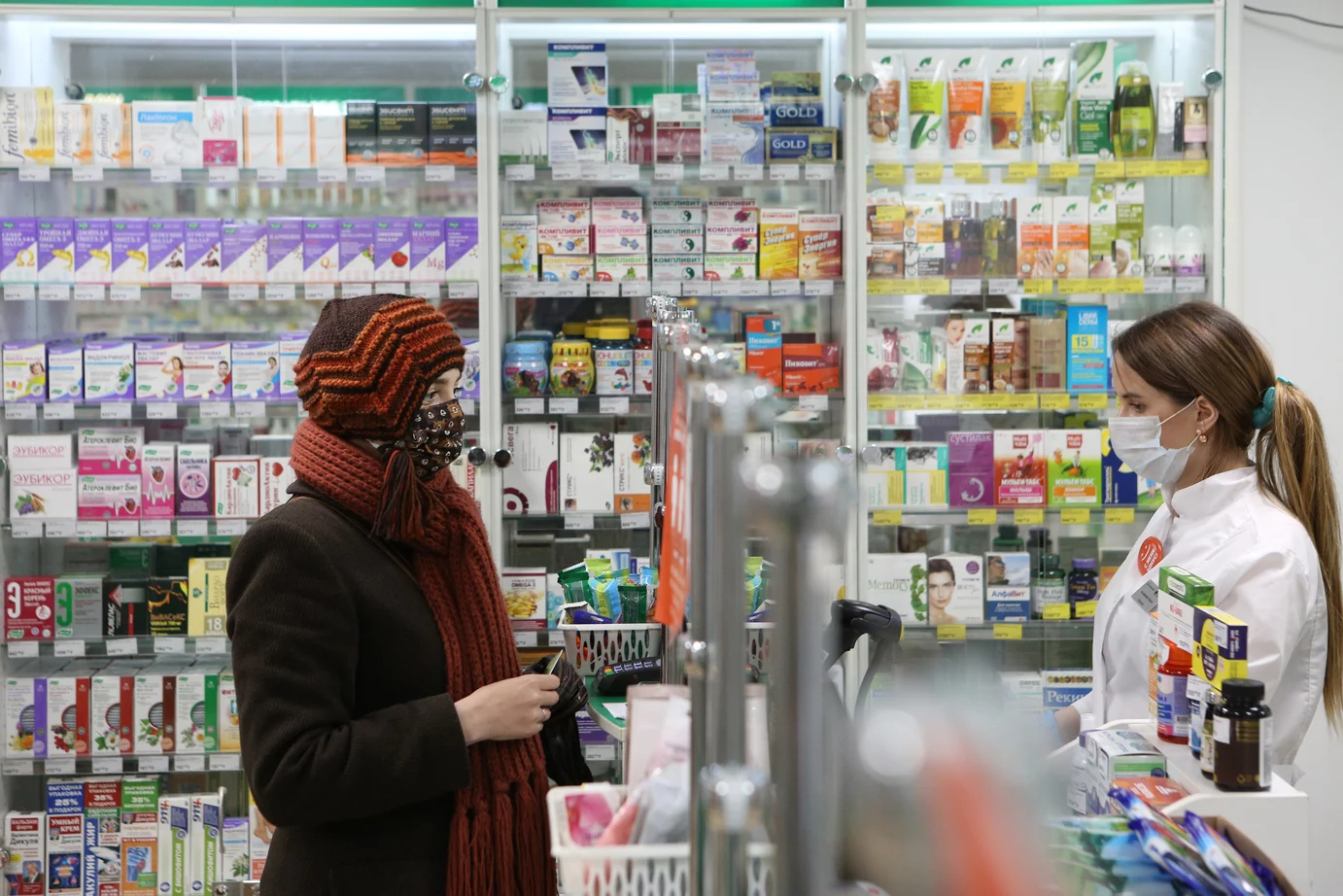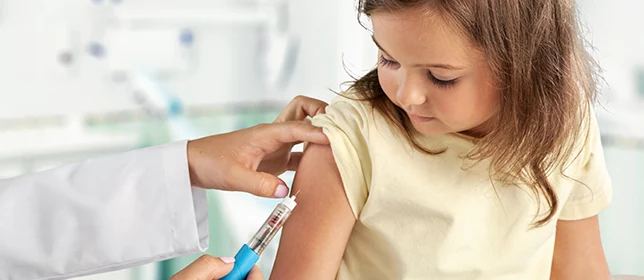
COVID-19
Latest News
Latest Videos

CME Content
More News
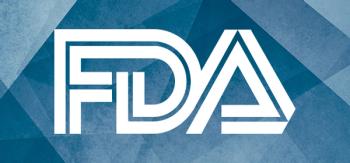
Pfizer and BioNTech have also announced that they will be providing the US government with an additional 50 million of the 10 μg doses, with an expected delivery by April 30, 2022.
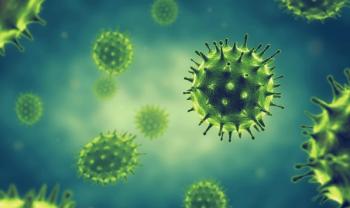
The investigators said this study is one of the first to measure the impairment and impact of post-acute COVID syndrome on patients.
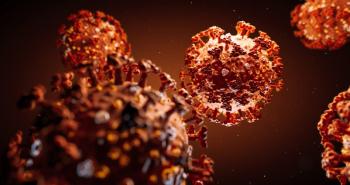
The investigators evaluated and compared the immune responses induced by the 3 vaccines over the course of an 8-month follow-up period.
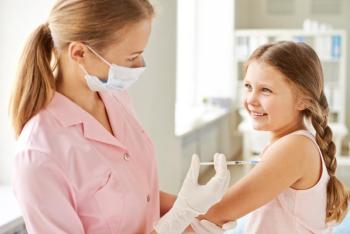
In addition, some parents may still be unvaccinated, so counseling them on the safety and efficacy of the vaccines is important.
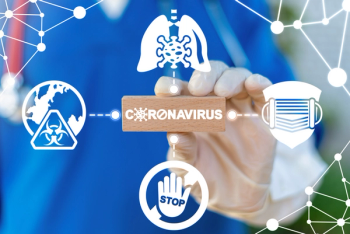
No timetable was set for the FDA to decide on an official EUA designation for the Pfizer-BioNTech vaccine in children 5 to 11 years of age, however a decision is expected within the next few days.
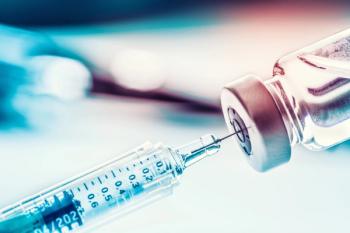
In accordance with the new guidance, individuals may choose to receive a dose different from the one they received for their initial series.
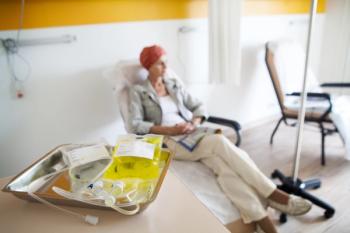
Patients undergoing chemotherapy had lower COVID-19 antibody levels than patients undergoing targeted therapy following vaccination.

Gary Locke, former governor of Washington state, US Secretary of Commerce, and ambassador to China, discusses the World Trade Organization's TRIPS Council, which recently met to assess the elimination of IP protections for COVID-19 vaccines, diagnostics, and medical devices.
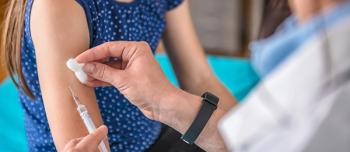
Data show 99.2% of children 5 to 11 years of age achieved a seroresponse by 1 month after completing the 2-dose vaccine series.
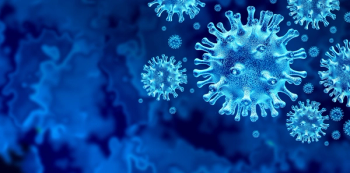
The CDC recommends booster doses of Moderna’s COVID-19 vaccine and Johnson & Johnson’s single-shot COVID-19 vaccine for eligible individuals.

The investigators found that the rate of preterm birth in pregnant women who tested positive for SARS-CoV-2 was a function of the severity of infection.
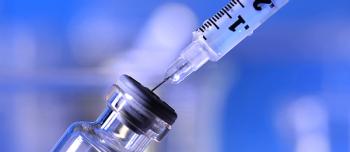
The FDA has authorized the expanded use of COVID-19 booster doses in eligible populations, including a single dose of the Moderna vaccine and the Johnson & Johnson vaccine.
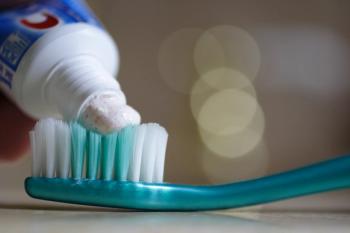
The objective of the study was to prove that increased COVID-19 severity may be linked to poor oral health status, especially in patients with cardiovascular diseases.
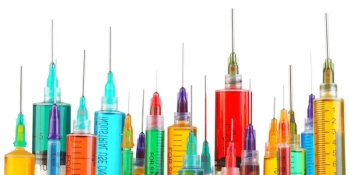
New study results show that single-dose vaccination may benefit populations with limited supplies.
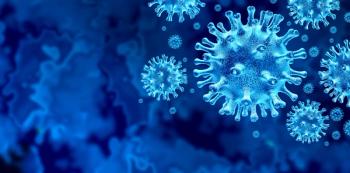
Clinical testing of COVID-19 vaccine efficacy has led to the first FDA-approved COVID-19 vaccine, Comirnaty.
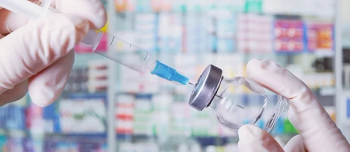
Northwestern Medicine study results show that mice were protected from other strains when those from prior infections or in their vaccinations were greater than 70%.

Stacy Miller, senior content management consultant for Wolters Kluwer Health, discusses how mental health in the United States could be improved by stronger connections between prescribers and pharmacists.
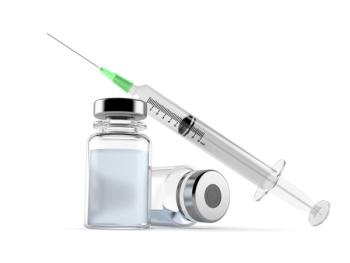
A booster shot of the Johnson & Johnson single-shot vaccine administered 56 days after the initial shot provided 94% protection against COVID-19.

Although the advisory committee’s recommendation is not binding, the FDA will take their recommendation into consideration when making a final decision on authorization of the 50-µg booster dose.
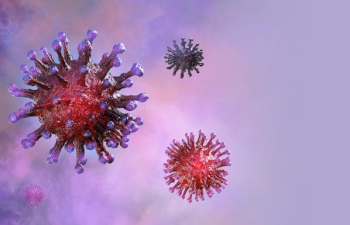
Study indicates COVID-19 vaccination is important for individual protection and for reducing transmission within families.
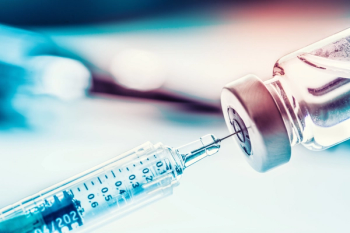
The agency has a 2-day meeting scheduled for this week for an independent advisory panel to discuss the available data.
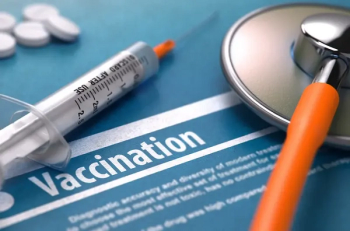
New study results show that previously infected patients had molecular markers that suggested that immune cells could last longer and migrate more effectively to the respiratory tract.
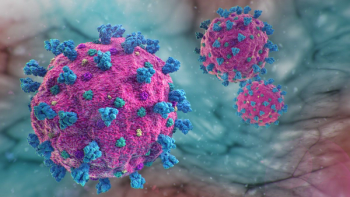
A phase 3 trial met the primary endpoint, and the long-acting antibody combination reduced symptoms or death by 67% for patients compared with those who took a placebo.

The study aimed to examine the impact of masking and social distancing practices used to control the spread of COVID-19.
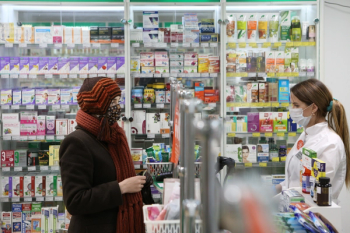
There is a real opportunity for technology to alleviate some of the administrative burdens pharmacists face so that they have more time to focus on patient care.


